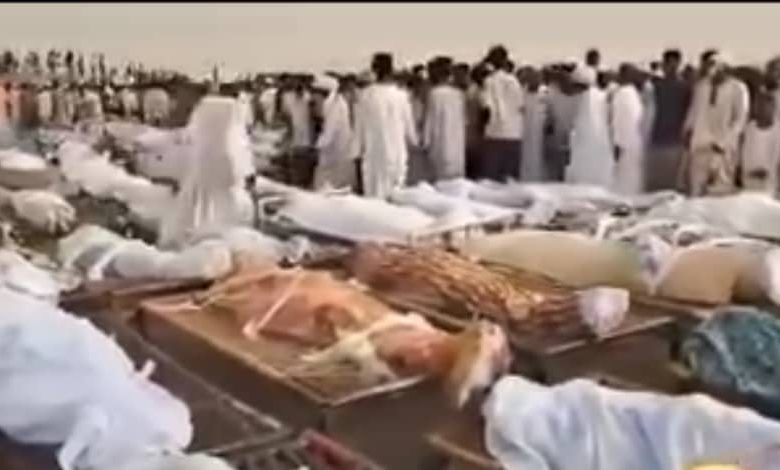
Sudan Events – Agencies
A British report confirmed that RSF militias have committed horrific crimes against Sudanese people since rebelling against the Sudanese Armed Forces in April 2023, engaging in killings, arrests, and torture against both men and women.
The Times newspaper in a report today documented many cases of torture and killing by RSF members, as well as ongoing shelling of citizens’ homes.
The report highlighted the case of 37-year-old Mohammed Abdel Salam, a construction worker nicknamed “Bunduq”, who was arrested by the RSF. He lost more than half of his weight due to torture and being deprived of food. After a period of suffering and torture, the militia released him, and a citizen found him, though his sister was able to reach him, he died 10 days later from the severity of the torture.
The newspaper noted that torture and disease had become common causes of death in Sudan, with bullets, shells, forced starvation, looting, and rape being part of the war arsenal.
Despite the size and gravity of the conflict, which threatens the lives of millions and could turn the third-largest country in Africa into a failed state, the Sudanese war has remained on the periphery of international attention, overshadowed by conflicts in Ukraine and the Middle East.
The war has destroyed 60-70% of Sudan’s medical facilities, along with most of the country’s main pharmaceutical factories, placing enormous pressure on the remaining facilities. The conflict has claimed the lives of around 150,000 people in less than two years, displaced 11 million people within Sudan, and exposed 26 million people to levels of food insecurity, according to The Times.
The report also quoted Abdin Derma, one of the famous workers at the Ahmed Shafi cemetery in Omdurman, saying that the cemetery has been expanded three times since the war began due to the large number of victims. The daily burial rate has risen from 20-50 deaths to 20-50 per day, whereas before the war it was only 2-3.
According to the report, a November 2024 report from the London School of Hygiene and Tropical Medicine indicated that in Khartoum alone, more than 61,000 people had died from all causes since the war began, a 50% increase over pre-war mortality rates.



